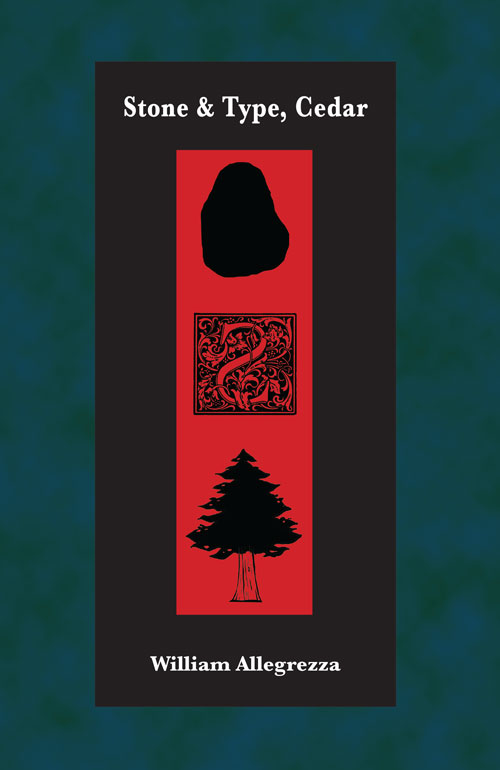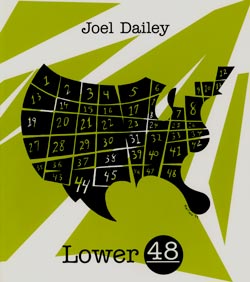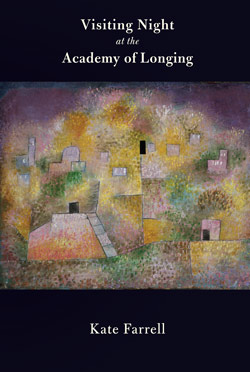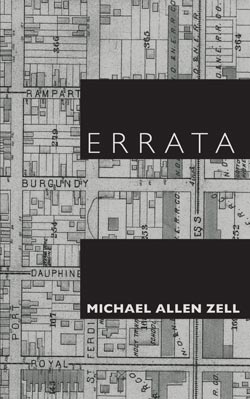Description
William Allegrezza
Stone & Type, Cedar
ISBN: 978-1-944884-67-3 (pbk.)
(September, 2019)
Writing at the seams of political, ecological, and cultural collapse, Allegrezza hunts among the remains, seeking in the nonhuman world—cedar, rocks, prairie grass, sky—for signs of a world that was, of a world to still to come: “we have been arguing for consistency / without wanting to rework the system.” Against dread, inertia, exhaustion, Allegrezza asks, how do we adapt, fi nd a way back or in—“the natural response is motion, but i am hard / stuck with hands full, / wondering what happened.” The poems map a progress of mind, of being in the world. Shedding the rotten words pulled up by the torrent, in order to “to find / a space to reconstruct the / sentence.” What role does language have in face of catastrophe? No longer able to count on words, the poet refocusses attention outward, to go on or into: “not a home but a / way to become someone, / the prairie is a place to listen / with green absence.” A letting go, not into despair, but toward evolution: “words, like guides / to a city we’ve never seen.”
—Marthe Reed, author of Ark Hive: a Memoir of South Louisiana
William Allegrezza is “looking outward, not inward,” “searching the stones for life,” “trying to / build grottos / with story, “ and alert “as the patterns of / chaos emerge.” This is a book by an experimental poet who eschews capitalization but not sense, linear narrative but not signifi cant story, allusion but not reference. He tells us, in a brilliant pun that helps us understand the “enthymic logic” of this book, that meanings “allude” him. In other words, while the book’s ostensible gaze is toward the outside world (“sunless trees,” “rocks piled / as breaker / and dock,” “colder / water that / brings debris,” “concrete falling from old bridges,” rusted letters on a “restaurant sign”), its true subject is the self and its relationships (“i am attuned for once / to treat a person as / a shifting ritual consequence”). Looking outward is a kind of looking inward and that’s why for Allegrezza, and also for Emerson who makes a brief appearance in one of the poems, looking outward and looking inward “look the same.” “I’m not uncovering anything,” writes this poet, “so much as commenting on my own / distance for clear voices.” Now that’s a self-assessment, and this is a book of poetry, worth taking very seriously.
—Bill Yarrow, author of Blasphemer and The Vig of Love







Reviews
There are no reviews yet.